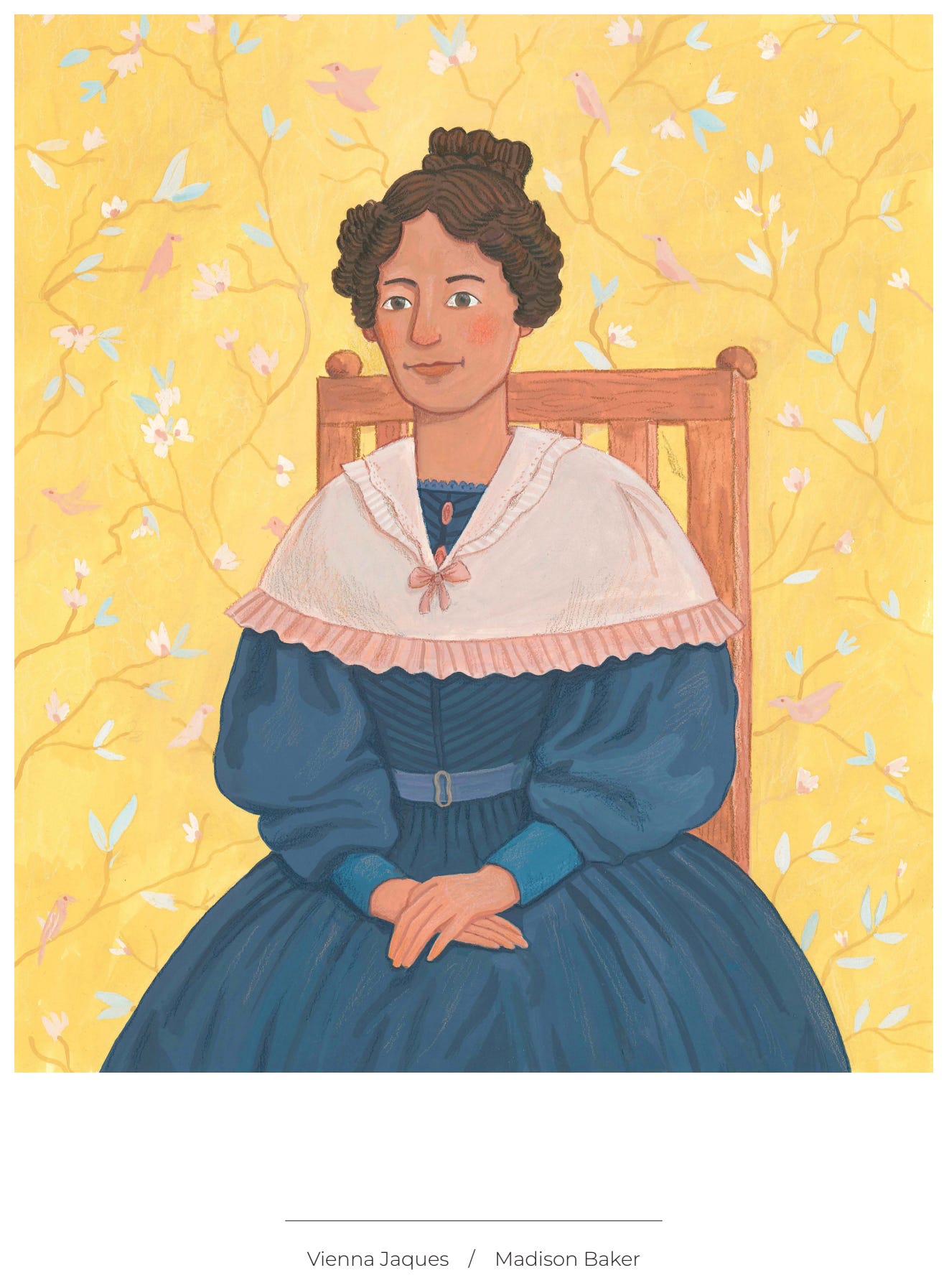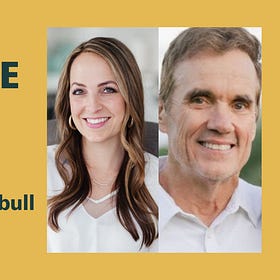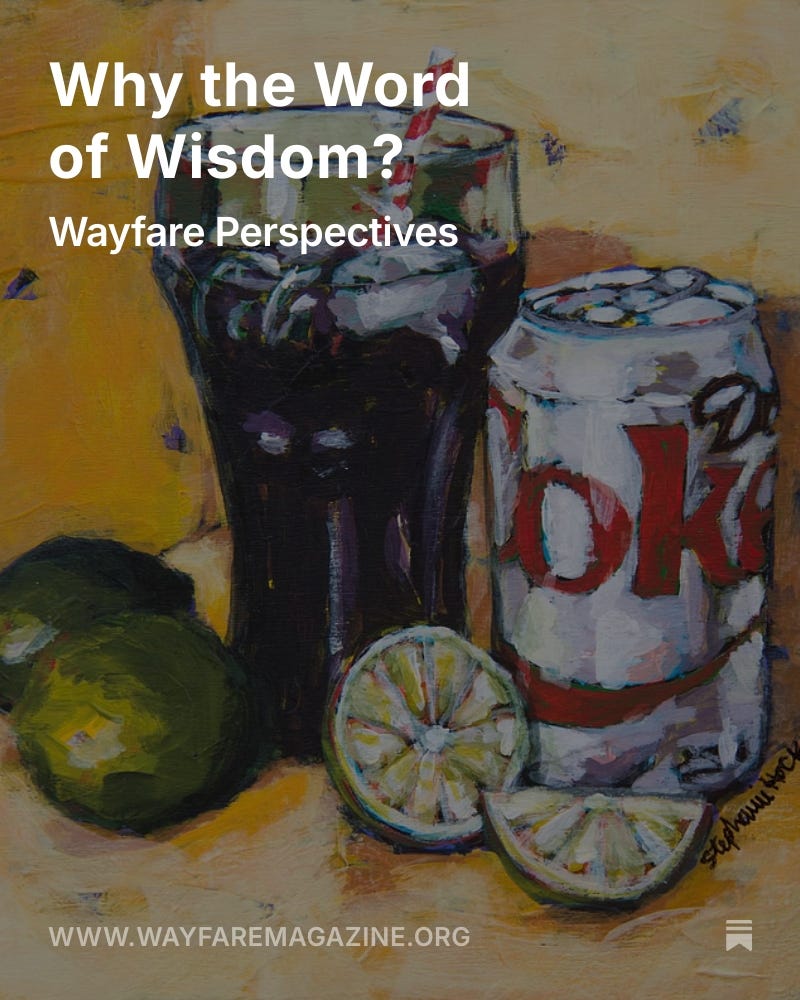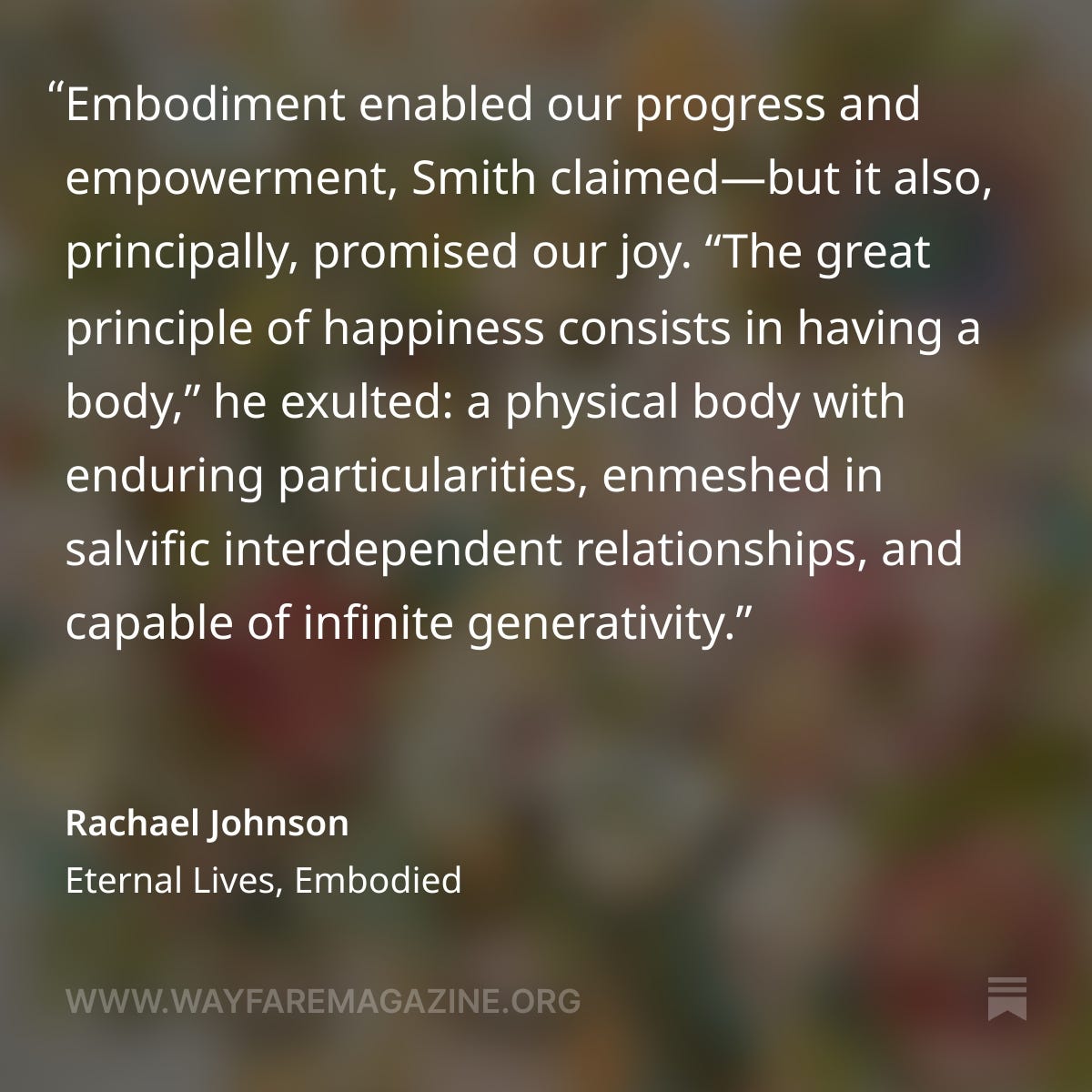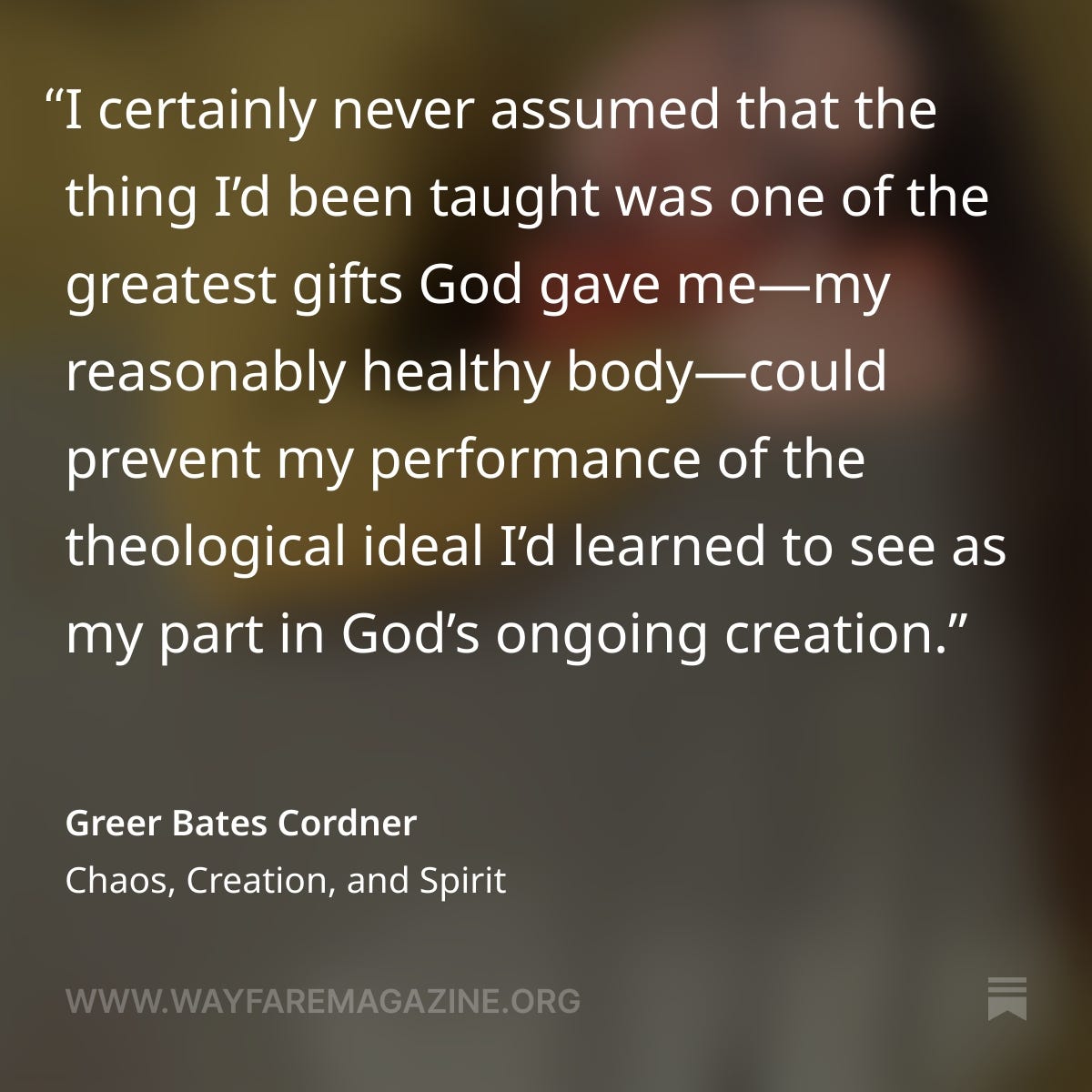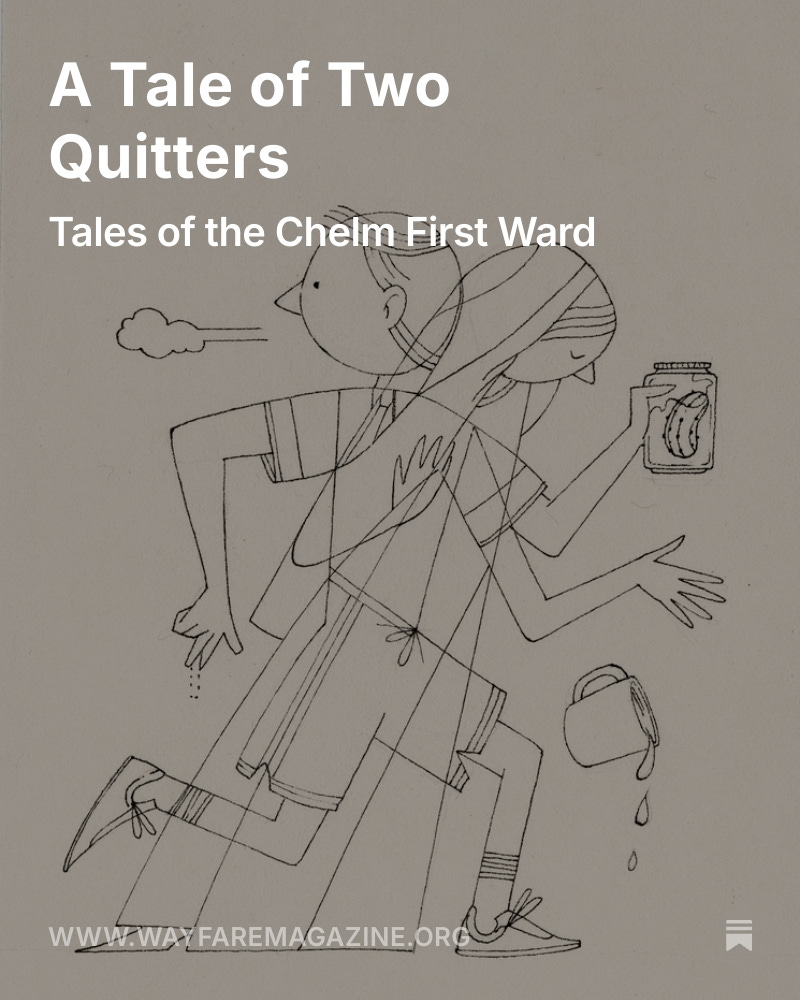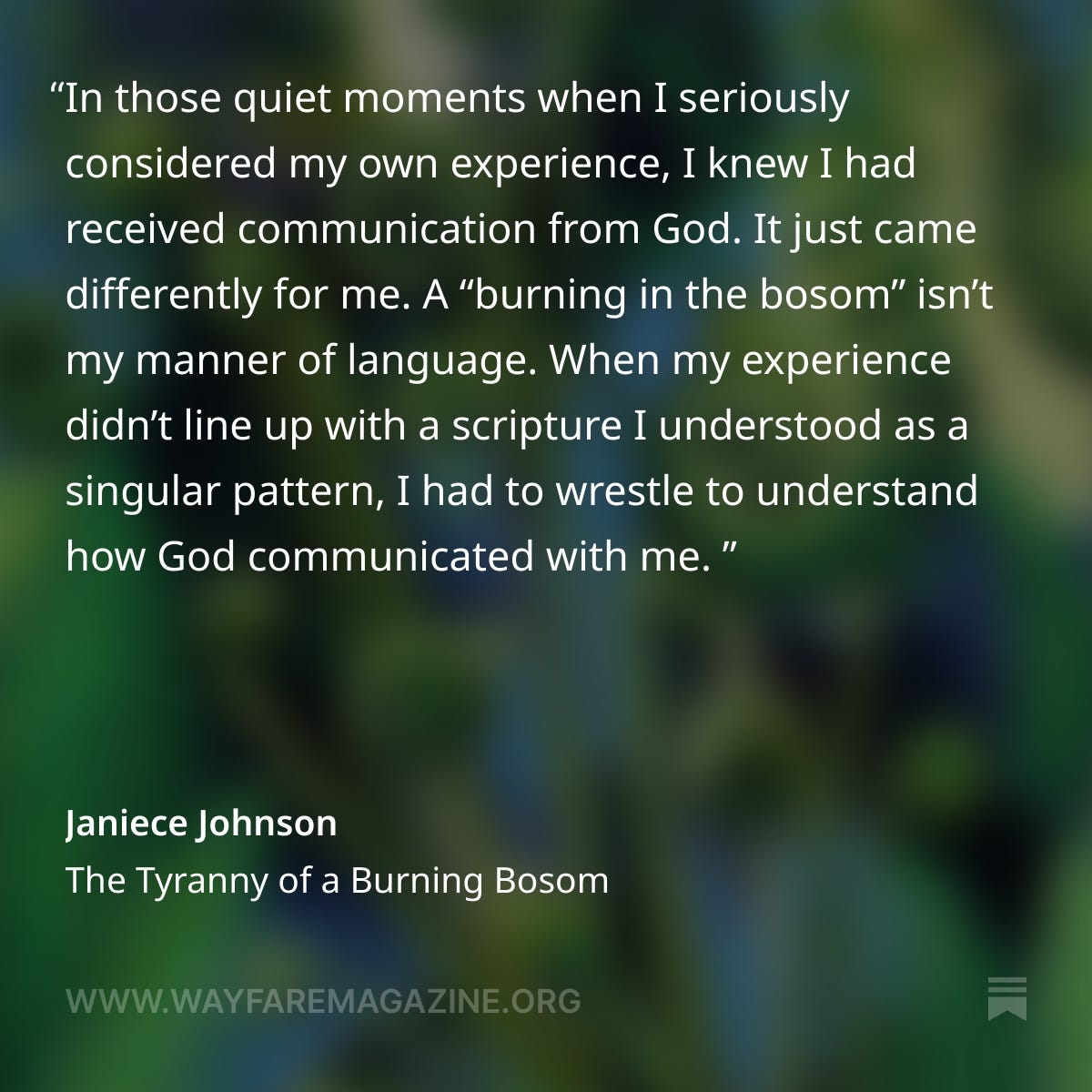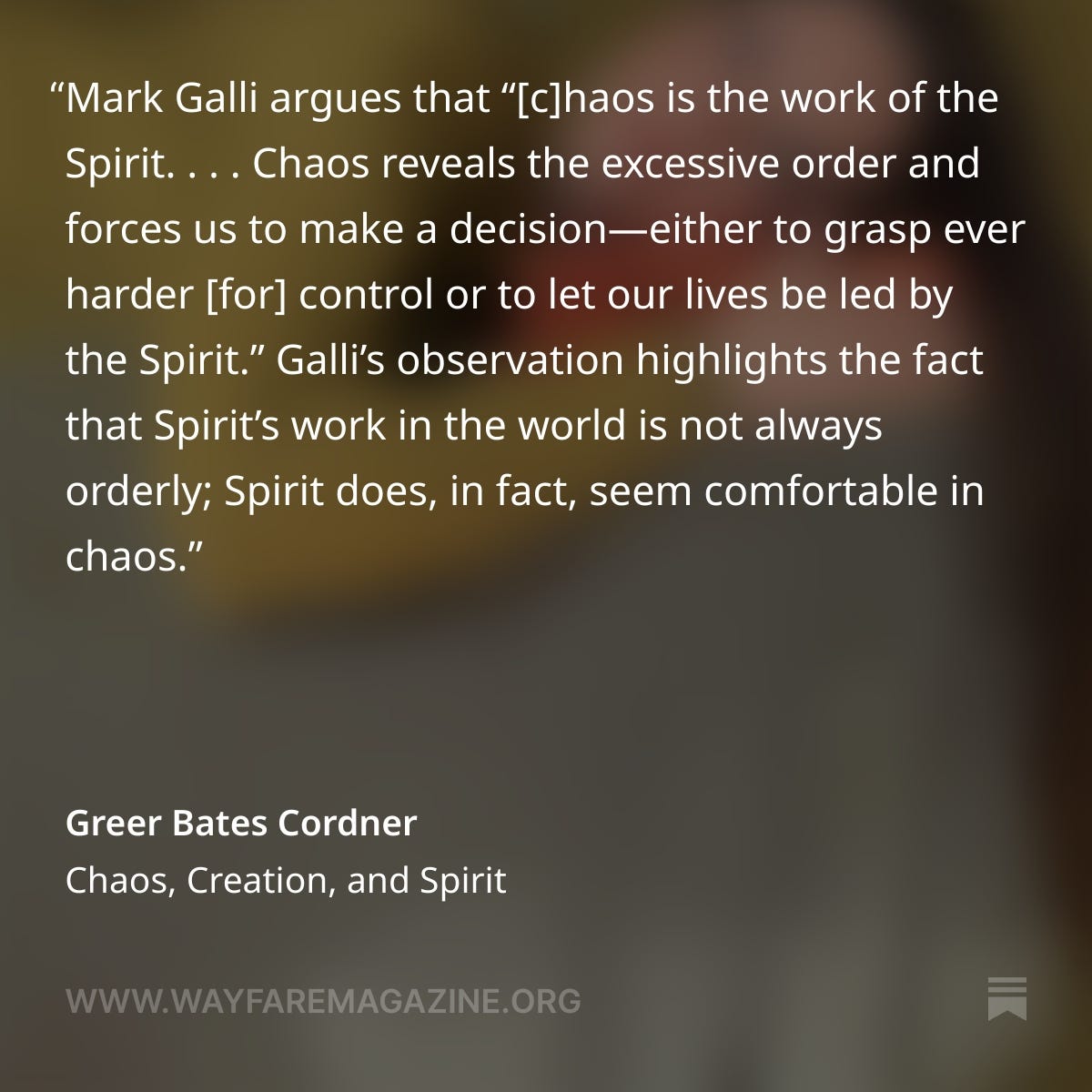What does the Word of Wisdom have to offer us in the modern world?
Faith Matters resources to accompany your Come Follow Me study: August 18-24
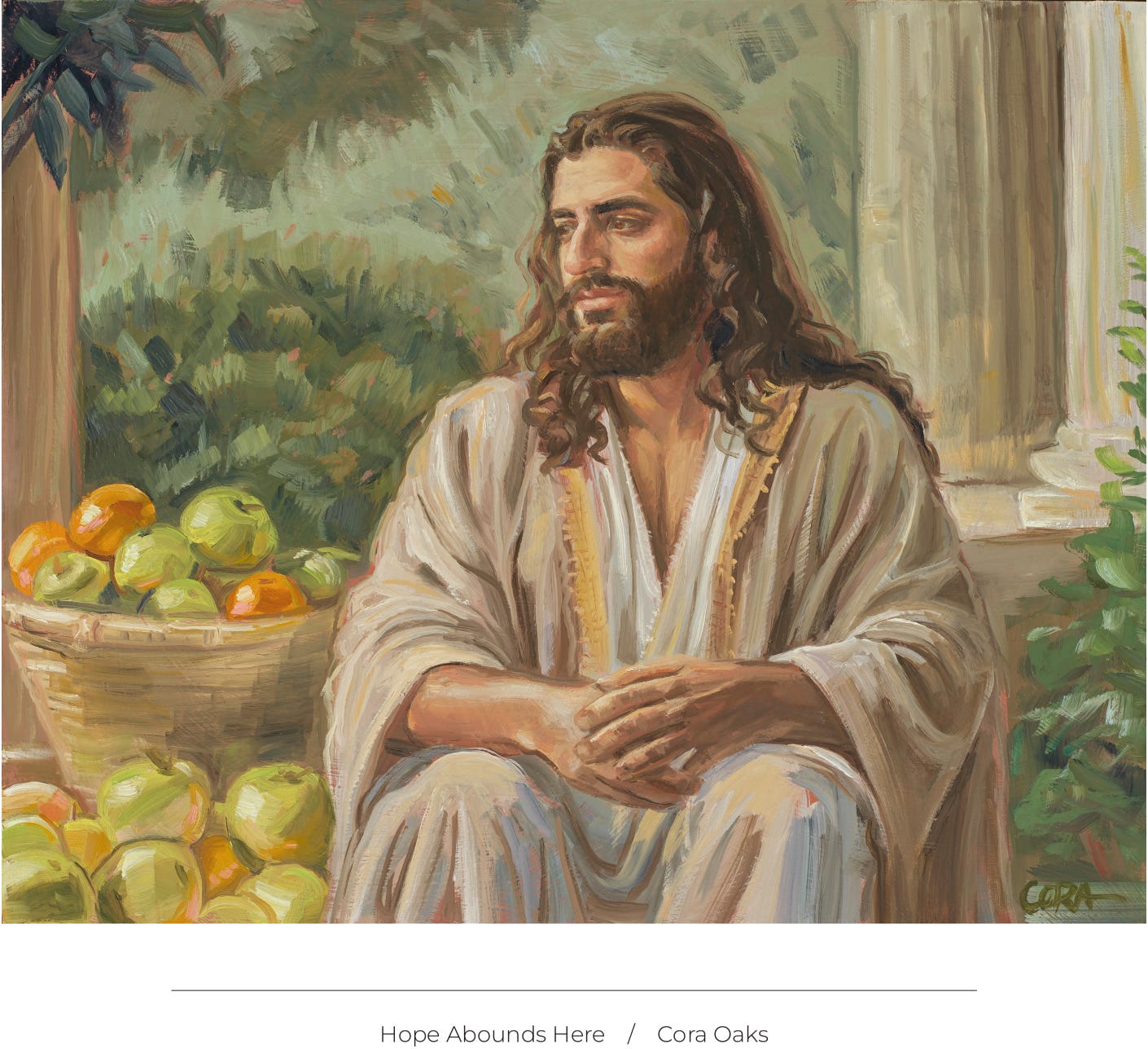
The Lord gave me the Word of Wisdom to help me be healthy in body and spirit. The Word of Wisdom helps me be healthy in body and spirit.
Ali Essig & Bill Turnbull: A Fresh Look at The Word of Wisdom
Nearly 200 years ago, Joseph Smith gave us a holistic code of health called the Word of Wisdom. But over the next century, we largely reduced that revelation to a list of don’ts—one that came to define us as a church and serve as a kind of status marker within the Church. As we look ahead to the next hundred years, we’re asking: is it time to rethink how we see this revelation?
Even those who know almost nothing about the Church likely know that its members neither drink, nor smoke, nor even sip coffee and tea. Those who are Church members know these prohibitions stem from what we colloquially call the Word of Wisdom (formally known as the 89th section of the Doctrine and Covenants). For today's purposes, however, I want to focus not so much on the revelation’s dietary stipulations, but instead on the striking preface that the Lord provides to explain why the saints need to hear what He has to say:
[This revelation is] given for a principle with promise adapted to the capacity of the weak and the weakest of all saints, who are or can be called saints. Behold, verily, thus saith the Lord unto you: in consequence of evils and designs which do and will exist in the hearts of conspiring men in the last days, I have warned you, and forewarn you, by giving unto you this word of wisdom by revelation.
I am not aware of other verses anywhere else in scripture that read quite like these. The Lord contextualizes this revelation by offering a specific justification for the text’s existence. These verses suggest something like this: “The problem is not so much, for example, with wine itself but, rather, with drinking wine within a society where large corporations (that is “conspiring men”) stand to profit handsomely by selling you a lot of alcohol.” In other words, it may be the case that conditions could exist in an alternative iteration of our world where drinking wine might be just fine (anyway, Jesus drank wine without any apparent concern). Indeed, perhaps drinking alcohol, in other eras—ones that had neither Safeway grocery store chains nor the Anheuser-Busch corporation—might have been morally neutral but, in an era and society where amoral corporations stand to profit off of everything from binge drinking to alcoholism, drinking becomes a much deeper problem. My point is not that we ought to take the prohibition against alcohol lightly—modern medicine increasingly demonstrates that alcohol does us no favors, and I’ve seen alcohol ruin enough lives to never want a drop of it myself, member of the Church or not—but simply to suggest that the Lord seems to be at pains here to remind us that the issue is not just the alcohol itself, but also the societal, cultural, and economic milieux within which the alcohol is to be consumed.
—Tyler Johnson, “Too Little and Too Much”
According to Brigham, it wasn’t just the cloud of tobacco smoke, but Emma’s complaints that were causative factors that led the prophet to make his inquiry. Perhaps unsurprisingly, the answer that came as the Word of Wisdom addressed and alleviated those complaints.
—Tim Chaves, “Is it ok to try to fix the Church?”
Read how the Saints of the Chelm First Ward learn to keep the Word of Wisdom:
Read James Goldberg’s review of Java Jive, and watch the movie yourself here.
Is the Word of Wisdom a law of empathy? Read this piece by our friend Greer Bates Cordner and see what you think.
The First Presidency holds the “keys of the kingdom.”
What is a prophet, and what is a priest? Why does it matter that the President of the LDS Church is both a prophet and a priest? How can better understanding each of those roles change how we experience our membership in the Church? Learn from Matthew Bowman in “The Prophet and the Priest,” an essay on WayfareMagazine.org:
“All things shall work together for [my] good.”
Who was Vienna Jaques?
